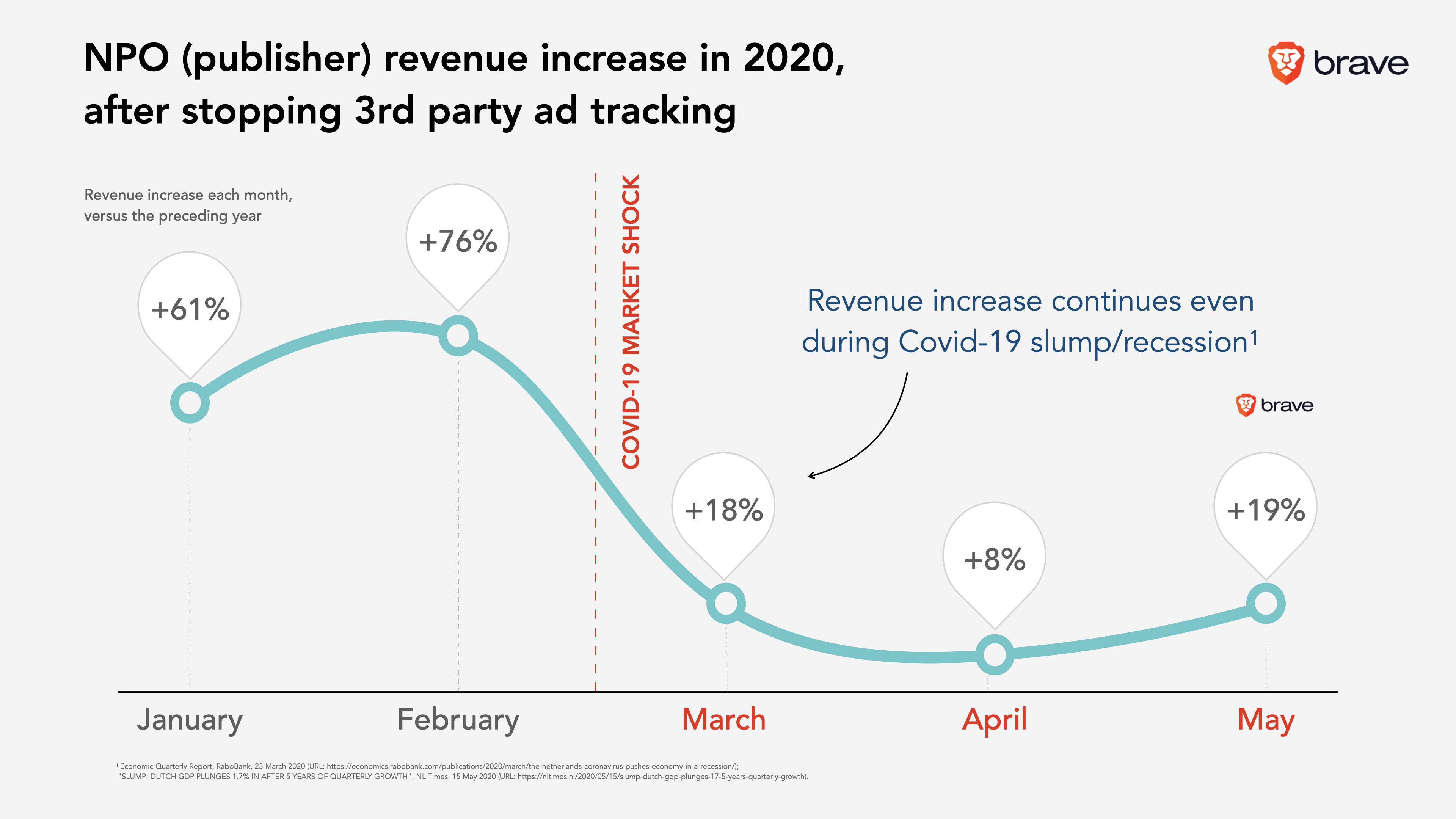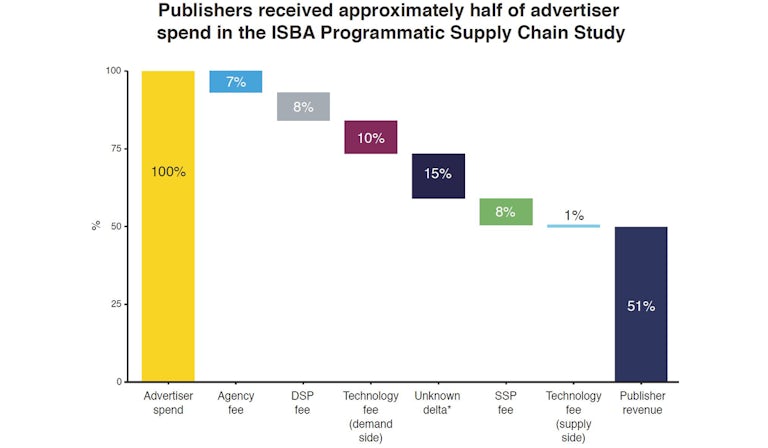- Joined
- Apr 23, 2019
- Messages
- 214
- Likes
- 168
- Degree
- 1
Just came across this:
the-new-dot-com-bubble-is-here-its-called-online-advertising
Apparently Ebay used to spent 20M on adds for absolutely zero result.
Paying to be first in Google when you are first already does sound stupid to me...
There are other examples, including Facebook ads.
My main take-away is that Advertising is probably more useful if you are a small player.
And that people don't WANT to believe you if you show them the advertisements aren't working.
Excellent for client work I'd say xD
the-new-dot-com-bubble-is-here-its-called-online-advertising
Apparently Ebay used to spent 20M on adds for absolutely zero result.
Paying to be first in Google when you are first already does sound stupid to me...
There are other examples, including Facebook ads.
My main take-away is that Advertising is probably more useful if you are a small player.
And that people don't WANT to believe you if you show them the advertisements aren't working.
Excellent for client work I'd say xD


